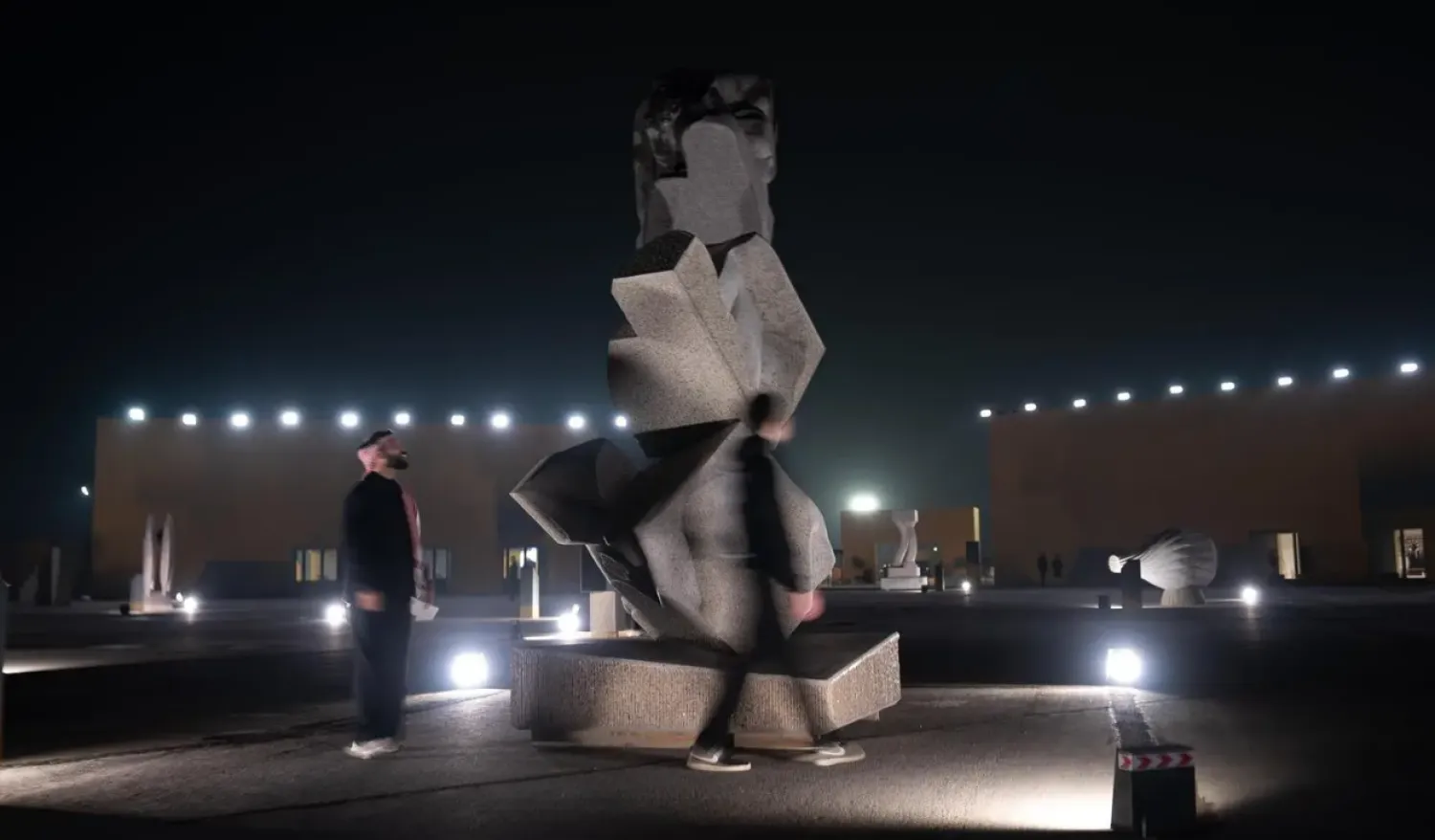Saudi Assistant Minister of Culture Rakan bin Ibrahim Al-Touq participated in the 12th Conference of Ministers of Culture in the Islamic World, which was held by the Islamic World Educational, Scientific and Cultural Organization (ICESCO) in Qatar between September 25 and 26.
The event, organized by the Qatari Ministry of Culture under the theme "Renewing Cultural Work in the Islamic World", brought together ministers of culture, members of the organization from Islamic countries, and representatives of regional and international organizations concerned with cultural affairs.
Al-Touq, who was attending on behalf of Minister of Culture Prince Badr bin Abdullah bin Farhan Al Saud, said Saudi Arabia has mobilized all its potential to boost the Islamic cultural sector and maintain its place on the world's cultural map.
It has sought to deepen the debate on the main characteristics of the Islamic world, which are not limited to its culture and enlightening values, its history and civilization, and its contribution to the heritage of humanity, but include academic and economic features, he remarked.
He stressed that the initiatives and programs announced by Saudi Arabia emphasize the keenness of the government of Custodian of the Two Holy Mosques King Salman bin Abdulaziz and Prince Mohammed bin Salman bin Abdulaziz, Crown Prince and Prime Minister, to lend support to all efforts that serve the Islamic world and help preserve its culture.
Speaking at the conference, Al-Touq revealed the launch of the Culture Index in the Islamic World project, in cooperation with ICESCO, which will activate a memorandum of understanding signed by the Ministry of Culture and ICESCO on the sidelines of the 23rd session of the Conference of Arab Culture Ministers.
He said through the project, the Ministry of Culture seeks to monitor the transformation and evolution of the cultural scene and document its achievements. It will enrich it through cultural indicators: culture for economic development, culture for environment, climate and resilience, culture for social development, and culture for openness and diversity.
Al-Touq also unveiled the Paths of Hajj program that will focus on building files and databases to identify and classify mosques, and heritage and historical sites on Hajj routes, help efforts aimed at preserving and protecting them, and support all sectors associated with the performance of the holy pilgrimage.









